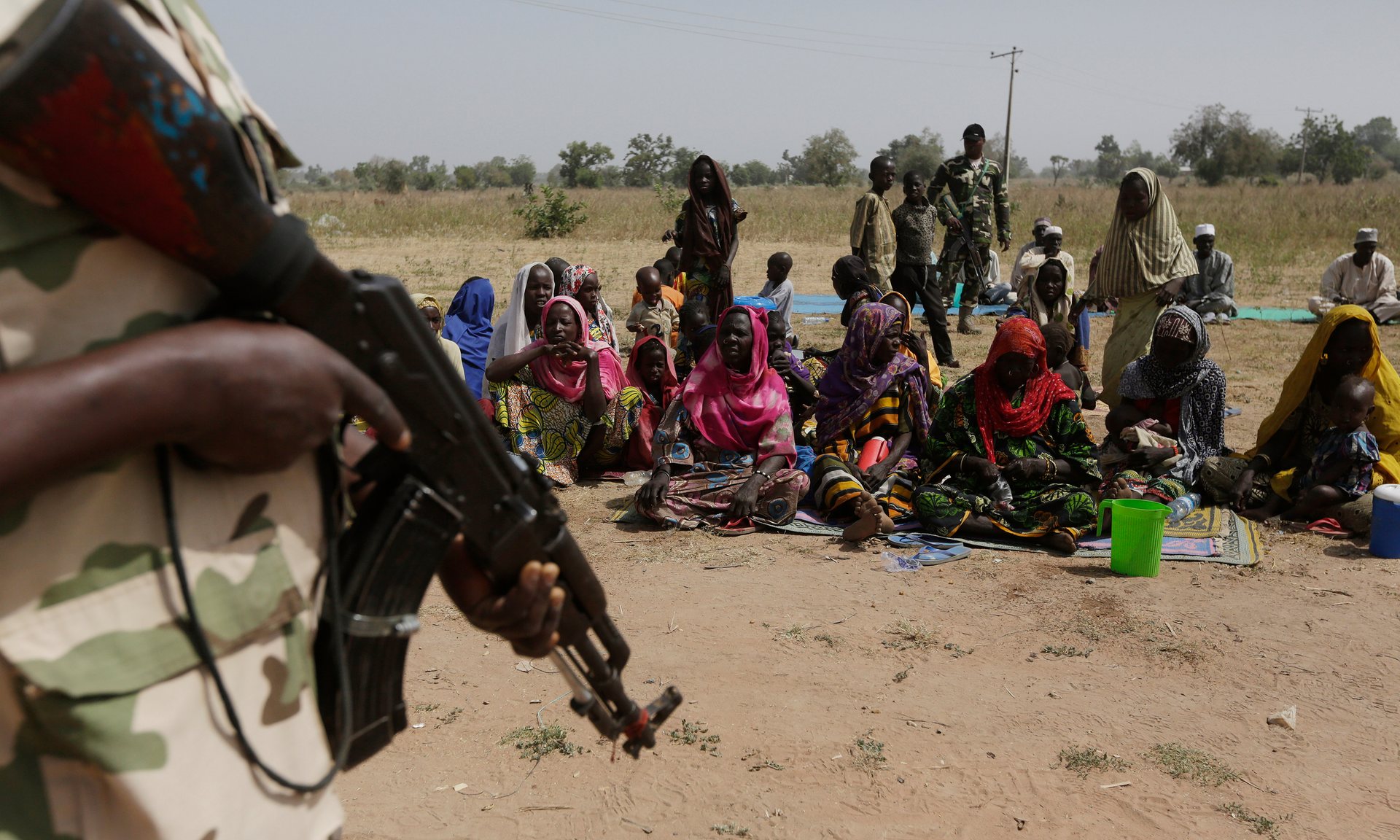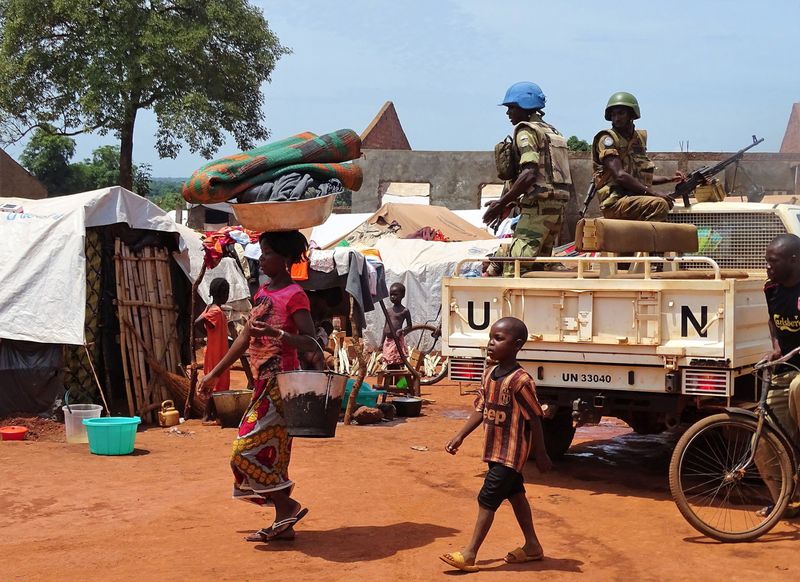
While more countries are affected by terrorism today, the number of victims has largely been concentrated in a small number of Member States.
Victims of terrorism continue to struggle to have their voices heard, have their needs supported and their rights upheld. Victims often feel forgotten and neglected once the immediate aftermath of a terrorist attack fades, which can have profound consequences for them. Few Members States have the resources or the capacity to fulfil the medium and long-term needs required for victims to fully recover, rehabilitate and integrate back into society. Victims can only recover and cope with their trauma through long-term multi-dimensional support, including physical, psychological, social and financial, in order to heal and live with dignity.
The primary responsibility to support victims of terrorism and uphold their rights rests with the Member States. The United Nations has an important role in supporting Member States to implement Pillar I and IV of the UN Global Counter-Terrorism Strategy through standing in solidarity and providing support to victims, capacity-building assistance, establishing networks of, and offering support to, civil society organizations, particularly victims of terrorism associations, and encouraging Member States to promote, protect and respect the rights of victims. The United Nations has been working to provide resources, mobilize the international community and better address the needs of victims of terrorism.
Background
The General Assembly, in its resolution 72/165 (2017), established 21 August as the International Day of Remembrance of and Tribute to the Victims of Terrorism in order to honour and support the victims and survivors of terrorism and to promote and protect the full enjoyment of their human rights and fundamental freedoms
Resolution 72/165 builds on existing efforts by the General Assembly, the Commission of Human Rights and the Human Rights Council to promote and protect the rights of victims of terrorism.
By proclaiming an International Day dedicated to victims, the General Assembly reaffirmed that the promotion and the protection of human rights and the rule of law at the national; and international levels are essential for preventing and combating terrorism.
The Global Counter-Terrorism Strategy, adopted unanimously in its resolution 60/288, on 8 September 2006, notes that the dehumanization of victims counts among the conditions conducive to the spread of terrorism, and the most effective way to counter terrorism is through measures that respect human dignity and uphold the rule of law.
The last three outcome resolutions of the Global Counter-Terrorism Strategy Review (A/RES/66/282, A/RES/68/276 and A/RES/72/284) have all emphasized the important role of victims in countering terrorism and preventing violent extremism as well as recognizing and upholding their human rights.
The sixth review resolution (A/RES/72/284), particularly notes that building the resilience of victims and their families, through the provision of proper support and assistance immediately after an attack and in the longer-term is a major step forward in recognizing that victims who are resilient are less vulnerable to the impacts of terrorism and are able to cope, heal and recover more rapidly after an attack.
General Assembly resolution 73/305 on the Enhancement of International Cooperation to Assist Victims of Terrorism (A/RES/73/305) specifically recognizes the resilience of victims as important for the social cohesion of society and as vital partners to prevent violent extremism conducive to terrorism. It also calls on Member States to establish national assistance plans for victims that address their long-term relief and rehabilitation needs and take into account a gender perspective.

